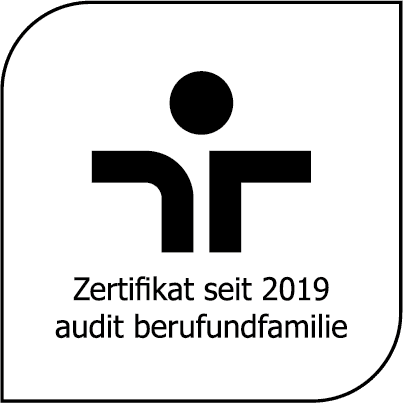Test instruments sorted
Contact person for the Open Test Archive
Gülay Karadere (Dipl.-Psych.)
Research Associate
guek@leibniz-psychology.org
ERQ
Emotion Regulation Questionnaire - deutsche Fassung
Short abstract
The ERQ is used to measure the self-assessed preference for two strategies of emotion regulation which, on the one hand, have a direct effect on the reactions in emotional situations and, on the other hand, are to have a connection with individual patterns of shaping social relationships and well-being. The ERQ goes back to a model formulated by Gross (2002) on the course and regulation of emotional reactions. The questionnaire contains 10 self-referential statements that relate to dealing with positive and negative feelings and distribute on the scales (1) reassessment/reappraisal (k = 6) and (2) suppression (k = 4). Reliability: The internal consistency (Cronbach's Alpha) of the final version was Alpha = .74 and Alpha = .76. Validity: Exploratory and confirmatory factor analyses were calculated. Main component analyses with subsequent varimax rotation resulted in two factors with an eigenvalue > 2 in all three samples; the screen plot clearly indicated a two-factor solution. The two factors could explain 50 % of the variance in the final version of the method (V3). First indications of the convergent and discriminant validity of the questionnaire result from its correlative relationships to other methods (AEQ, SCL-90).
Leibniz Institute for Psychology (ZPID). (2019). Open Test Archive: ERQ. Emotion Regulation Questionnaire - deutsche Fassung. Available at: https://www.testarchiv.eu/en/test/9006192
Citation
Abler, B. & Kessler, H. (2011). ERQ. Emotion Regulation Questionnaire - deutsche Fassung [Verfahrensdokumentation und Fragebogen]. In Leibniz-Institut für Psychologie (ZPID) (Hrsg.), Open Test Archive. Trier: ZPID.
https://doi.org/10.23668/psycharchives.6497
Short information
Short Name ERQ
English Name Emotion Regulation Questionnaire - German version
Authors Abler, B., Kessler, H.
Published in Test archive 2011
Copyright/Licence Copyright Autoren; CC-BY-NC-ND 3.0
Language versions deu
Construct Model for the sequence and regulation of emotional reactions (Gross, 2002)
Application age Young adults
Item number 10 items
Subscales (1) Revaluation, (2) Suppression
Application Time ca. 5-10 min.
Interpretation time A few minutes.
Internal consistency: Cronbach's Alpha = .74-.76.
Findings on factorial validity (exploratory & confirmatory factor analyses), convergent and discriminatory validity.
None.
Applications Clinical diagnostics, Research
Older versions
Version 1: https://doi.org/10.23668/psycharchives.402
There is no abstract in English available. Short information about the measure can be found under Overview. More can be found on the German pages.
There is no review in English available. Short information about the measure can be found under Overview. More can be found on the German pages.
First published in
Abler, B. & Kessler, H. (2009). Emotion Regulation Questionnaire - Eine deutschsprachige Fassung des ERQ von Gross und John. Diagnostica, 55 (3), 144-152. PSYNDEX Dok.-Nr. 0219358
Contact information
Prof. Dr. med. Birgit Abler, Oberärztin, Leitung ärztliche Psychotherapie, Leitung der Kotherapie, Klinik für Psychiatrie und Psychotherapie III, Leimgrubenweg 12-14, D-89073 Ulm
Prof. Dr. med. Henrik Kessler, Oberarzt der Klinik für Psychosomatische Medizin und Psychotherapie des LWL-Universitätsklinikums der Ruhr-Universität Bochum, Alexandrinenstraße 1-3, D-44791 Bochum

 Learn more about us!
Learn more about us! 
